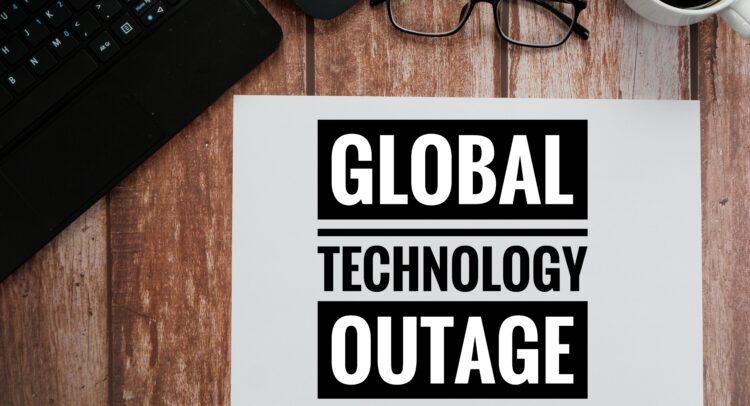UK-based Beazley PLC (GB:BEZ) today maintained its undiscounted combined ratio guidance of low-80s for the full year after last week’s global IT outage. The company assured its investors that the outage, which affected millions of Microsoft’s (MSFT) Windows devices worldwide, would not impact its profitability in 2024. Beazley shares have gained 2% as of writing.
Following the IT outage, BEZ stock lost around 4% on Friday.
Beazley is a leading cyber insurance company that provides a wide range of solutions for data privacy and security risk management.
Global IT Disruptions
On Friday, July 19, the global IT industry was disrupted by an update from the U.S.-based cybersecurity firm CrowdStrike (CRWD) for Microsoft’s cloud platform Azure. The disruption quickly escalated to multiple sectors, including supermarkets, banks, and airports.
CrowdStrike shares lost over 10% in Friday’s trading session. Meanwhile, Microsoft was initially down by 2% but recovered later to end the day with a loss of 0.54%.
Beazley’s Combined Ratio
In 2023, Beazley reported an undiscounted combined ratio of 74%, marking an improvement from 82% in 2022. The combined ratio is a key profitability measure in the insurance sector. It is calculated by combining the loss and expense ratios and dividing by earned premiums. A lower combined ratio highlights the company’s improved performance, indicating that the insurer is earning more from premiums compared to the claims paid and operating expenses incurred.
The company confirmed its full-year combined ratio in the low-80s during its Q1 trading update. Beazley will announce its first-half results for 2024 on August 8.
Is Beazley Stock a Good Buy?
According to TipRanks, BEZ stock holds a Strong Buy rating, supported by nine Buy recommendations. The Beazley share price forecast is 890p, which is 35% higher than the current trading level.

















